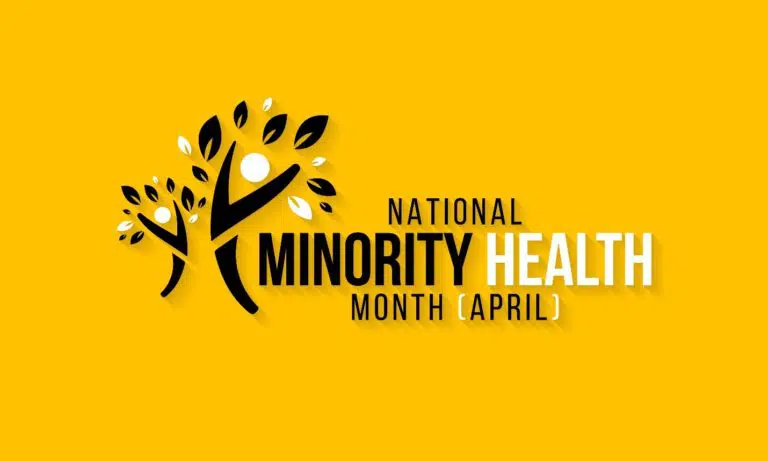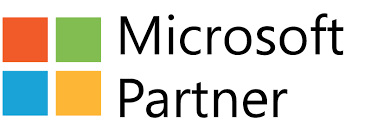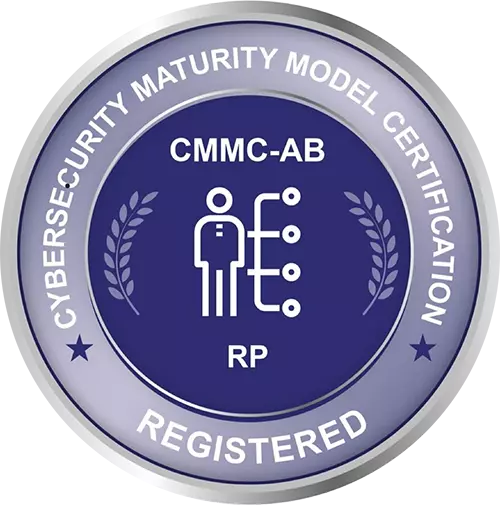
April is National Minority Health Month. This initiative, led by the Office of Minority Health (OHM), is committed to improving the health of racial and ethnic minorities throughout the country through education, awareness events and critical conversations. This year, the theme of the month is shining a light on the disproportionate impact of COVID-19 on racial and ethnic minorities.
Studies have already been completed on the disproportionate impact of COVID-19 on minority communities, and the results are alarming. The cumulative infection and death rates related to the pandemic were higher among minority groups. Minorities were also more likely to experience hospitalization as a result of their infection. Some of this is due to existing disparities and social vulnerabilities that were exploited by the devastating pandemic.
Some of the factors pinpointed through research include:
These factors are just some of the things that will be examined in the aftermath of the pandemic and during National Minority Health Month to ensure better health outcomes in the future.
Another key initiative of this year’s National Minority Health Month is encouraging communities throughout the country to be #VaccineReady. How can you prepare yourself and your community for the vaccine rollout?
HealthCare Resolution Services is a professional services firm dedicated to providing healthcare industry clients with value-added consulting solutions and health information management services. From our headquarters in Columbia, MD, we provide services to practices throughout the country. To learn more about how we can optimize your business, call us today at (866) 599-4277.







Who We Are
Services
Career Opportunities
Interested in applying for a job with us? HCRS offers competitive compensation and benefits and hires a wide range of professionals. Apply Here

8601 Robert Fulton Drive, Suite 130 | Columbia, Maryland 21046 | Office: (301) 497-1187 Fax: (866) 384-2303
Copyright © 2025 Healthcare Resolution Services, Inc. All rights reserved. | Privacy Policy
